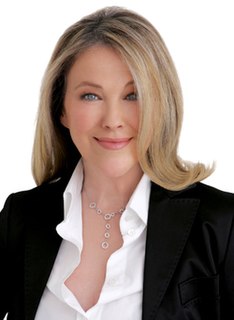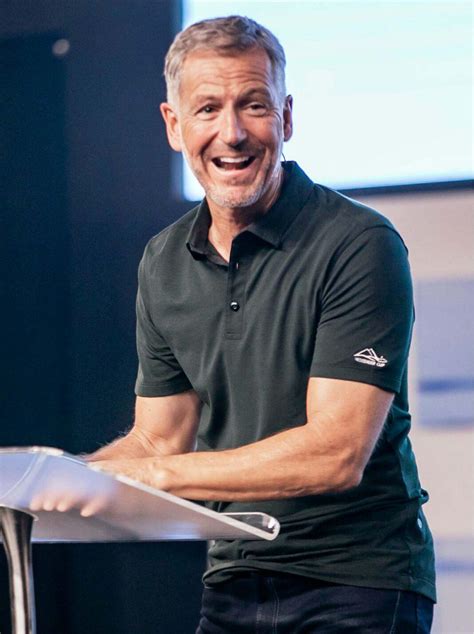A Quote by Graham Cooke
He is not seeking a powerful people to represent Him. Rather, He looks for all those who are weak, foolish, despised, and written off: and He inhabits them with His own strength.
Related Quotes
If your enemy is secure at all points, be prepared for him. If he is in superior strength, evade him. If your opponent is tempermental, seek to irritate him. Pretend to be weak, that he may grow arrogant. If he is taking his ease, give him no rest. If his forces are united, separate them. If sovereign and subject are in accord, put division between them. Attack him where he is unprepared, appear where you are not expected.
The art of using troops is this:
......When ten to the enemy's one, surround him;
......When five times his strength, attack him;
......If double his strength, divide him;
......If equally matched you may engage him;
......If weaker numerically, be capable of withdrawing;
......And if in all respects unequal, be capable of eluding him,
..........for a small force is but booty for one more powerful.
Among the English authors, Shakespeare has incomparably excelled all others. That noble extravagance of fancy, which he had in so great perfection, thoroughly qualified him to touch the weak, superstitious part of his readers' imagination, and made him capable of succeeding where he had nothing to support him besides the strength of his own genius.
When the father dies, he writes, the son becomes his own father and his own son. He looks at is son and sees himself in the face of the boy. He imagines what the boy sees when he looks at him and finds himself becoming his own father. Inexplicably, he is moved by this. It is not just the sight of the boy that moves him, not even the thought of standing inside his father, but what he sees in the boy of his own vanished past. It is a nostalgia for his own life that he feels, perhaps, a memory of his own boyhood as a son to his father.
Wasn't it Bertrand Russell who used the phrase 'The superior virtue of the oppressed'? There is always this temptation amongst people that see themselves as progressive, and on the side of the weak. They demonize the powerful, but over-romanticize the weak. I think we should recognize that. If you take seriously the idea that people are always going to use truth claims as a means of powering their own agenda, that is going to happen whether you're weak or powerful.
Humanity looks upon Jesus the Nazarene as a poor-born Who suffered misery and humiliation with all of the weak. And He is pitied, for Humanity believes He was crucified painfully. . . . And all that Humanity offers to Him is crying and wailing and lamentation. For centuries Humanity has been worshiping weakness in the person of the Savior. The Nazarene was not weak! He was strong and is strong! But the people refuse to heed the true meaning of strength.
The skeptic says that the believer has lost his own mind under God. On the contrary, it is the people who follow God who are most like his children, who willingly and consciously walk in his will; but those who oppose him oppose him vainly and at their own expense, and, figuratively, seem to be more like his tools. They don't diminish his glory, but instead he still manages to use them in ways of unconsciously carrying out his will.
The heart of the Christian Gospel is precisely that God is the all holy One; the all powerful One is also the One full of mercy and compassion. He is not a neutral God inhabiting some inaccessible Mount Olympus. He is a God who cares about His children and cares enormously for the weak, the poor, the naked, the downtrodden, the despised. He takes their side not because they are good, since many of them are demonstrably not so. He takes their side because He is that kind of God, and they have no one else to champion them.


































